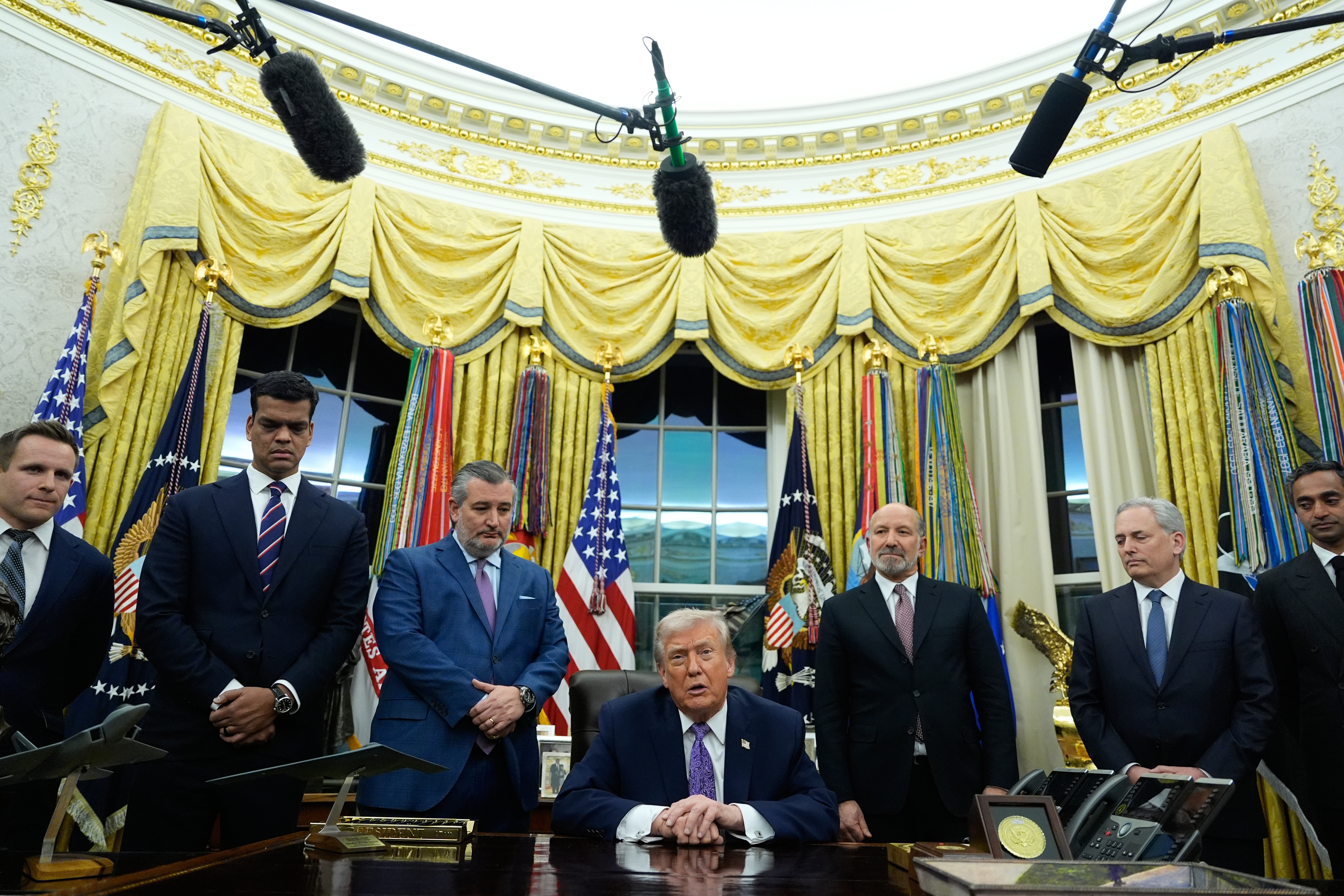Scientists say our cars and trucks account for nearly one-fifth of all U.S. emissions. At the Consumer Electronics Show this year, companies are trying to get consumers on board with more efficient alternatives — more batteries, more shared rides and more computers doing the driving.
"The obvious one is probably the electrification all of the big auto companies, and the startups are all kind of focused on making better electric vehicles," said Ashok Sivanand, CEO of Integral. "I think the one that's maybe not taken into consideration as much is that a lot of the changes that are happening in mobility because we're changing as consumers are going to require for us to spend less time in our cars because there's going to be less traffic because we're more willing to kind of share and be OK with a couple other people in the taxi that you're with."
Sivanand has built software for big automakers like Ford and small startups like May Mobility, an autonomous shuttle maker out of Michigan. Newsy checked out Myla, one ride in the May Mobility fleet. CEO Edwin Olson says each car's unique name, campfire seating style and interactive touch screen are intentional — they're what consumers wanted.
"This is our view of what the vehicles would look like in maybe another year or so," Olson said. "The current vehicles do have a safety driver that serves primarily an educational role to help people feel comfortable with the technology. This is our vision of what would happen when you you have that room, you're free of the extra space."
The idea is to get more people to consider getting rid of their own personal car or SUV and to rely on high-tech, high-efficiency alternative transportation instead.
Of course, most of the solutions on display at CES are still just concepts. Most self-driving cars are still in the testing phase. Safety is also a huge concern for riders and regulators alike. Uber just recently put its self-driving cars back on the road after one of them killed a pedestrian in Arizona in 2018.
"You have to be orders of magnitude better than the human experience," said Amnon Shashua, the president and CEO of Intel's Mobileye. "So not 10 times better. Probably 100 times better. Maybe 1,000 times better."




 Will Self-Driving Cars Get A Crash Course In Ethics?
Will Self-Driving Cars Get A Crash Course In Ethics?






